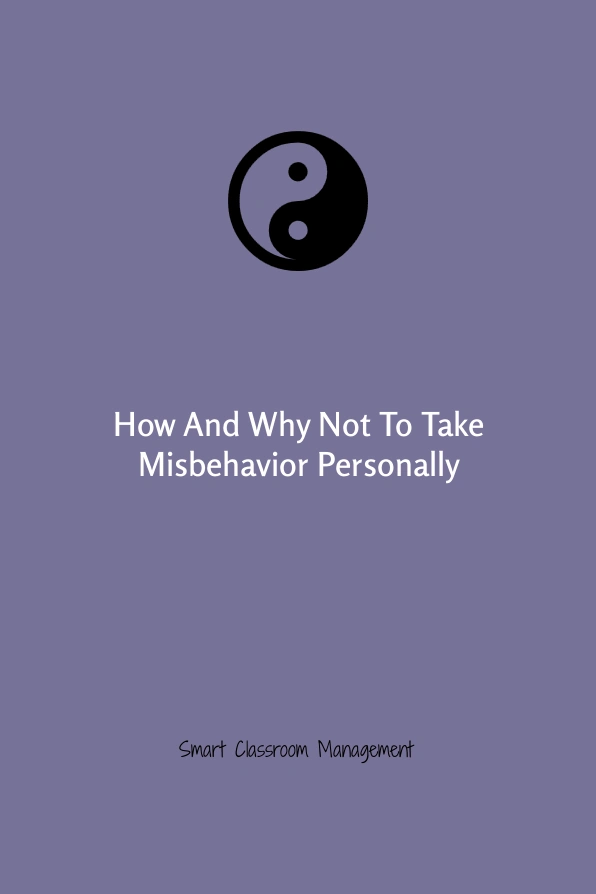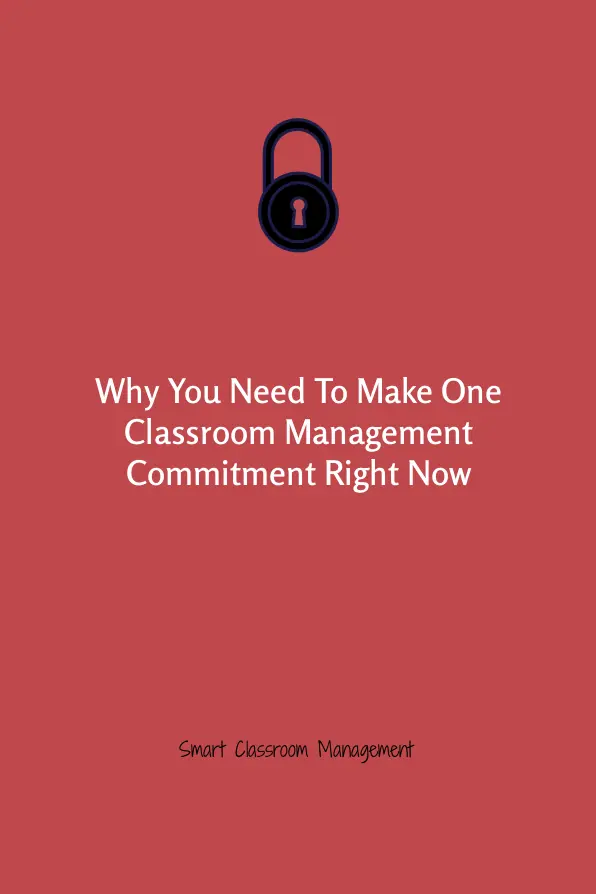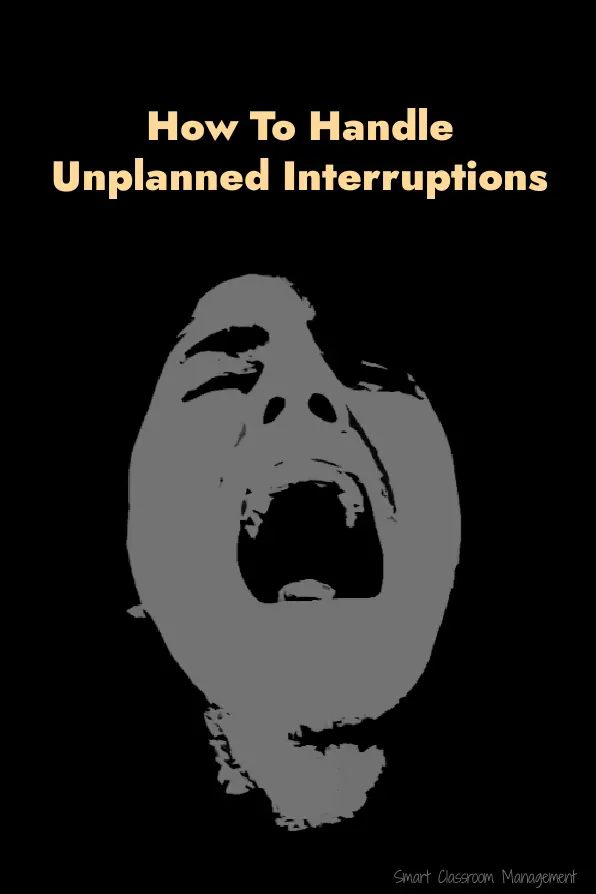I speak to a lot of teachers who’ve been struggling with classroom management for years. And I’ve noticed some common themes.
I thought I’d share them with you.
Because knowing the biggest hurdles and avoiding them, in any field of endeavor, is a shortcut to success.
So what follows are five reasons why some teachers continue to struggle year after year with classroom management.
1. They’re confused.
You need one classroom management approach. Picking and choosing what you like from different methods, books, or philosophies results in surefire failure.
You see, they’re not meant to be used together. Each SCM strategy, for example, is made to mesh with and make every other SCM strategy stronger and more effective.
Throwing in something from PBIS or using “the five questions” baffles students, pulls them in different directions, and ultimately causes more misbehavior.
2. They’re lazy.
Sorry, but it’s true. Some teachers don’t want to put in the modest effort to learn a single approach well enough for it to bear fruit. It doesn’t take a lot. It really doesn’t.
But they want it all done for them. They want three tips or a single video to right the ship. They want someone to hold their hand and walk them through what is clearly written on the page.
To be successful, you have to be well-versed. You have to know why the strategies work and how best to use them, which takes study and reflection.
3. They’re mistaken.
The mistaken belief that their teaching situation has never been encountered causes them to subsequently believe that there is nothing they can do about it.
Rest assured, the conditions you’re experiencing, no matter how bad they seem, are the same as thousands of other teachers right now. I’ve run into very few truly unique circumstances. Perhaps two or three in the last 15 years.
Here at SCM we’ve seen and accounted for everything under the sun. It isn’t just you or your school. Your classroom isn’t a hut in the Hindu Kush and your students aren’t from Alpha Centauri.
4. They’re full of excuses.
There are people who will give you a thousand reasons why they can’t exercise. Almost none hold water. Go for a walk at lunch or do sit-ups in front of the television. There. Done.
It’s the same with classroom management. Some teachers come up with reason after reason, one after the next, why sending students to time-out, for example, or asking for quiet during independent practice won’t work.
But what they’re referring to aren’t reasons. They’re excuses. Here at SCM, we crush excuses underfoot like Goliath of Gath.
5. They’re chaotic.
Although they’ll never admit it, there are people who thrive on drama. They revel in telling people how tough their life is. They like the specialness of it and the attention it can bring.
Deep down they don’t want a peaceful classroom because then there won’t be anything to rail against. So they sabotage themselves. They arrive late or can’t get organized or fail to be consistent because they have “so much going on.”
They’re perpetually flustered and can never be helped unless they admit that it is they themselves standing in their own way.
You Are Responsible
All of the above have one thing in common: The fear of being responsible.
You see, if it isn’t possible to have a well-behaved class due to what can be perceived as being out of their control, then they’re off the hook.
They can say nobody ever showed them how or they don’t have time or that there is no support from administration, etc.
The stark truth, however, is that although some situations are more challenging than others, it can still be done. No matter where you teach or who you are. But you have to stop lying to yourself. You have to look reality in the face.
You have to throw away the deceptions and doubts, embrace the burden and responsibility, and decide: “I can do this and nothing will stop me.”
PS – My friend Eva Moskowitz has a new book out called A+ Parenting. She is absolutely brilliant and I highly recommend her insights on parenting. Click here to learn more.
If you haven’t done so already, please join us. It’s free! Click here and begin receiving classroom management articles like this one in your email box every week.















.jpg#keepProtocol)
+ There are no comments
Add yours